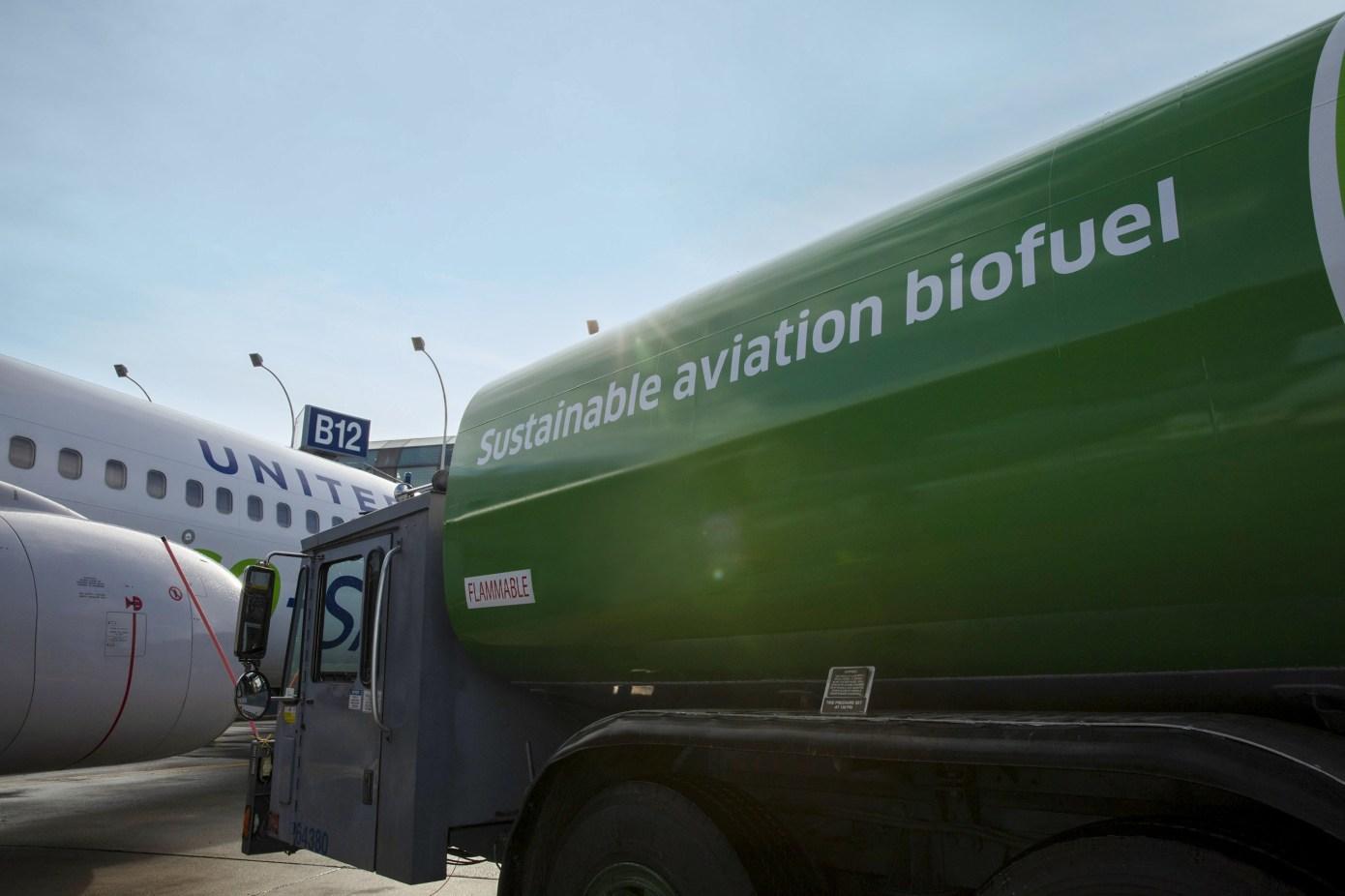
Credit: United Airlines
The World Economic Forum (WEF) has launched an initiative to accelerate the commercialization of decarbonizing technologies by leveraging collective demand from companies prepared to commit to purchases by 2030. The First Movers Coalition is targeting seven sectors, including aviation, that together...
Subscription Required
This content requires a subscription to one of the Aviation Week Intelligence Network (AWIN) bundles.
Schedule a demo today to find out how you can access this content and similar content related to your area of the global aviation industry.
Already an AWIN subscriber? Login
Did you know? Aviation Week has won top honors multiple times in the Jesse H. Neal National Business Journalism Awards, the business-to-business media equivalent of the Pulitzer Prizes.
